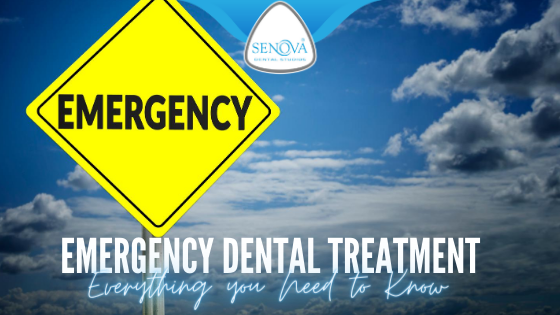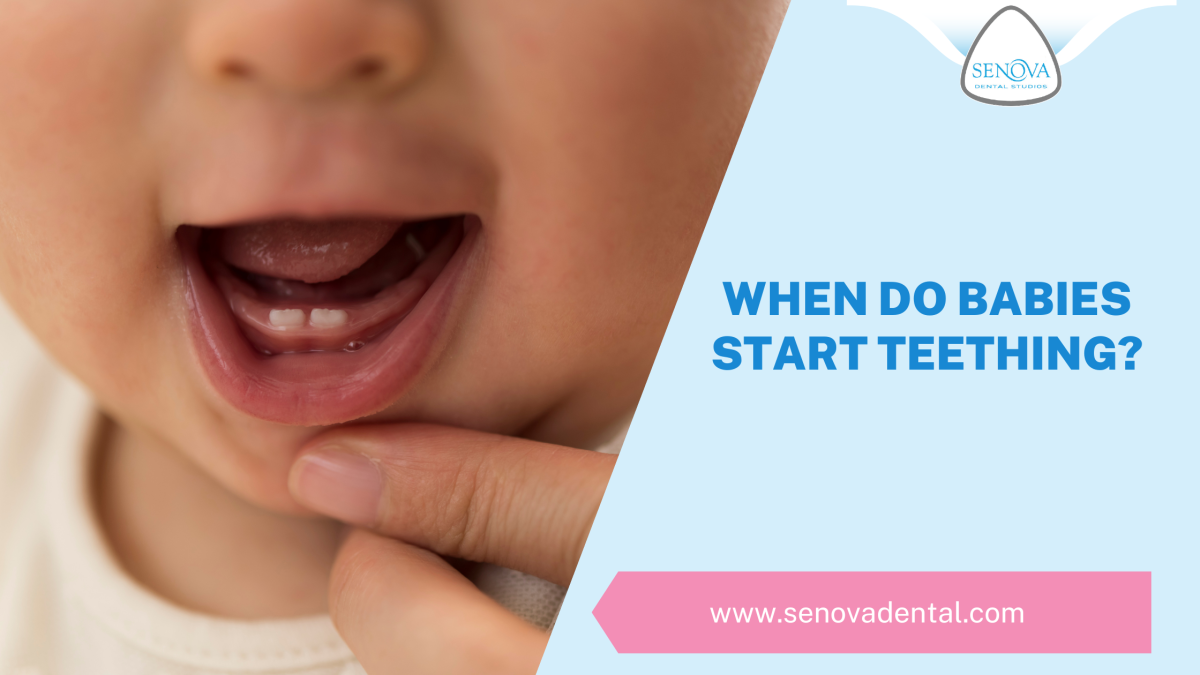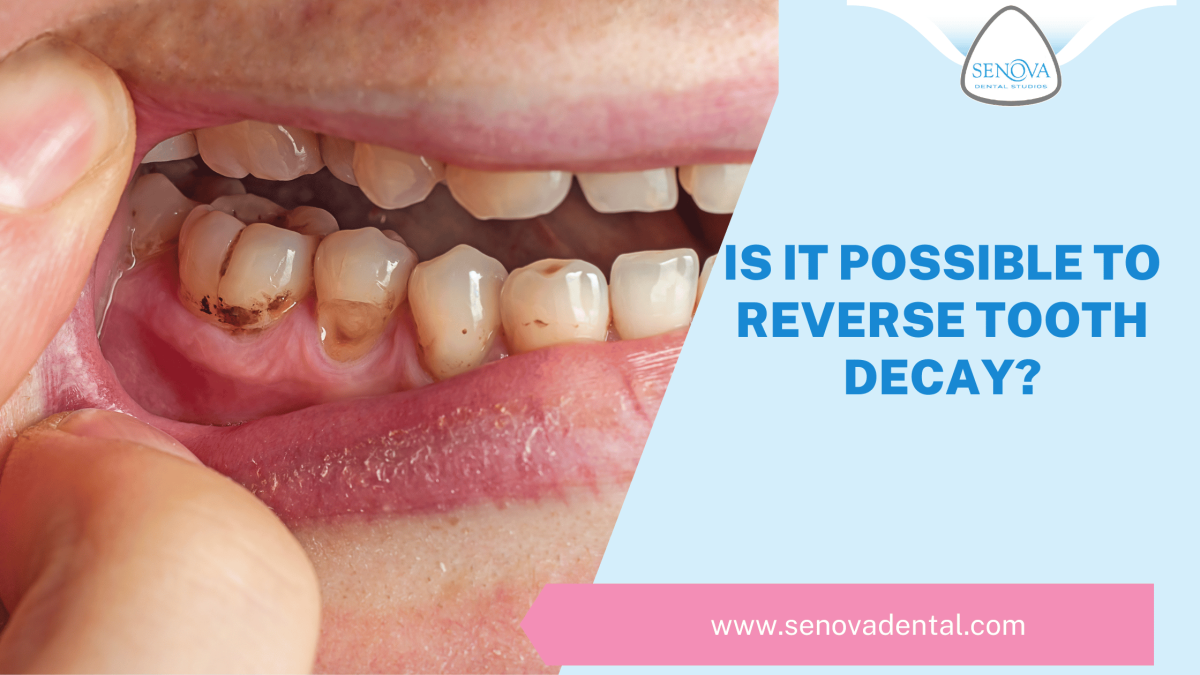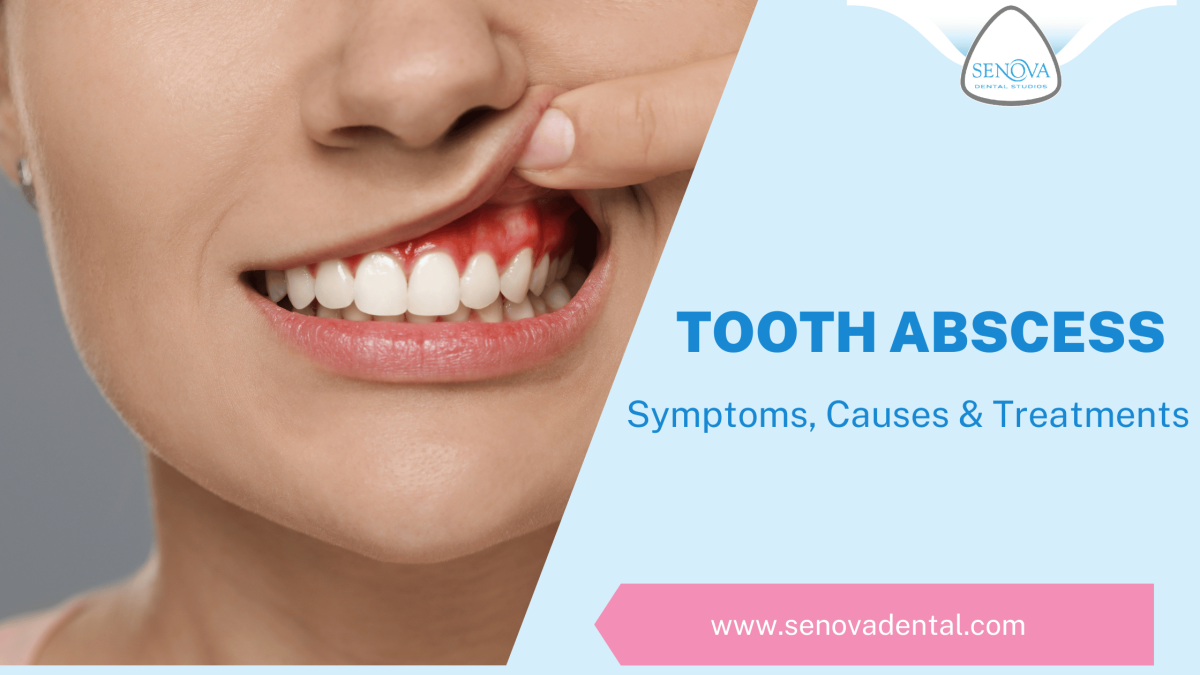
As the COVID-19 pandemic is rapidly spreading throughout the world, many dentists had to discontinue seeing patients or offering dental services. So, you may not have been able to go for a regular check for a while.
But what if you have a dental emergency? Is it safe to go to the dentist, or should you wait until things have settled down? How to find a dentist offering emergency services around you? This article provides everything you need to know about dental emergencies and their management during COVID-19.
Emergency Dentist During Coronavirus Lockdown
Imagine having severe pain in one of your teeth during the lockdown. What would you do? Typically, you would simply call your local dental practice and book an emergency appointment. But things are different now. Dentists now must use additional protective measures to minimize the chances of COVID-19 infection.
You may not recognise your dental team when you 1st see them as their faces will likely be covered behind masks, eye wear and face shield, as well as wearing full-length gowns.
Some dental practices are charging £25 for the additional personal protective equipment required, as a gratitude for patient’s loyalty, some practices (such as ours) are waving all PPE fees for practice members.
Is it safe to go to the Dentist During COVID-19 Pandemic?
The British Dental Association offers several guidelines to the dentists to ensure the safety of their team and the patients. First, it may not be necessary for you to visit the dentist for every dental emergency. In some cases, your dentist may guide you over the phone to manage the situation.
Secondly, for situations that do require visiting the dentist, dentists nowadays use additional personal protective equipment (PPE) – such as gowns, face shields, caps, etc. – to ensure the safety of their team and yourself by preventing the spread of the coronavirus.
Virtually all dental restorative procedures generate an aerosol, which carries considerable risk for transmitting coronavirus infection. Therefore, dentists must take additional measures to minimize the risk of infection from aerosol-generating procedures (AGPs) for routine dental treatment. Most modern dental practices are now equipped with high-grade vacuum machines that prevent the aerosol from staying in the room for prolonged durations, thereby reducing the fallow time.
What Qualifies as a Dental Emergency?
A dental emergency is any potentially life-threatening situation that requires immediate medical or dental treatment to alleviate severe pain, stop bleeding or manage severe infection.
A chipped tooth, broken orthodontic wire, dislodged filling or crown that has come out does not qualify as a dental emergency.
When should I go to A&E with Tooth pain?
Dental emergencies must never be taken lightly as they can be life-threatening. If you are having any of the below-mentioned problems, then you must visit your nearest hospital emergency, primary care facility, or dentist for immediate treatment. Some of the common dental emergencies include:
- Uncontrolled bleeding
- Severe toothache
- Cellulitis or bacterial infection
- Facial trauma or injury
What Will An Emergency Dentist Do?
When visiting your dentist for emergency treatment, please bear in mind that you may still have to wait for some time before you’re called in. This is because you’re dentist has to disinfect the dental room after the previous patient leaves. In the meantime, you may be asked to wait in the car outside.
When you’re called, your dentist will first perform a clinical examination to guage the extent and nature of the emergency. Management of dental emergencies usually requires treatment of the underlying cause. For example, a toothache may arise due to a variety of reasons, such as a fractured tooth or an abscess. Your dentist will first diagnose the problem and then recommend an appropriate treatment.
Some people are afraid of the dentist, finding any excuse not to set foot into the dental care practice – even in the case of emergencies. Thanks to modern techniques dentistry can now be made very comfortable and sometimes even relaxing. Dentists rely on advanced relaxation techniques using anesthesia, sedation dentistry so that their patients feel comfortable and relaxed while their dental work is being done.
Why Do My Teeth Hurt?
Teeth can hurt due to many reasons. Some of the common reasons for having a toothache include:
- Teeth cavities
- Something stuck between two teeth
- Fractured or chipped teeth
- Dental abscess
- Periodontal inflammation
- Toothache due to an abnormal or imbalanced bite
- Temporomandibular joint (TMJ) problems
- Pericoronitis – a painful condition in which the soft tissues surrounding an impacted tooth get inflamed.
Your dentist will first ascertain the cause of your toothache and then proceed to provide pain relief. Please note that unless there is severe and uncontrollable pain or severe bleeding that these do not constitute a dental emergency.
How to Get Rid of Toothache?
To relieve tooth pain, you must know what is causing it. If you are having severe pain in one of your teeth and you cannot see your dentist right away, or you’re too afraid of the dentist – either because of a bad experience or because of dental anxiety – there are ways in which you can relieve some kinds of toothache at home.
The best thing to do while you’re waiting to book an appointment with your dentist is to take over-the-counter pain medication. A painkiller not only reduces pain and inflammation but will also help calm down nervous patients or those having a dental phobia.
Can Toothache Cause Headache?
Several dental problems can cause a headache. An improper bite can lead to temporomandibular joint disorders (TMDs) and cause headaches. Similarly, the nerves that innervate the teeth are connected to other parts in the heat. Sometimes, pain in one of your teeth can be “referred” to other areas and may cause a headache.
If you wake up every day having sore teeth and a headache, it might be because of night-time tooth grinding. Finally, a headache can also occur because of an underlying sinus infection.
Whether you require emergency root canals or dental fillings, the key to minimizing damage in an emergency is to seek expert help as soon as possible.
- What Kind Of Dentist Does Implants? - December 1, 2024
- When Do Babies Start Teething? - October 26, 2024
- Is It Possible To Reverse Tooth Decay? - September 29, 2024




